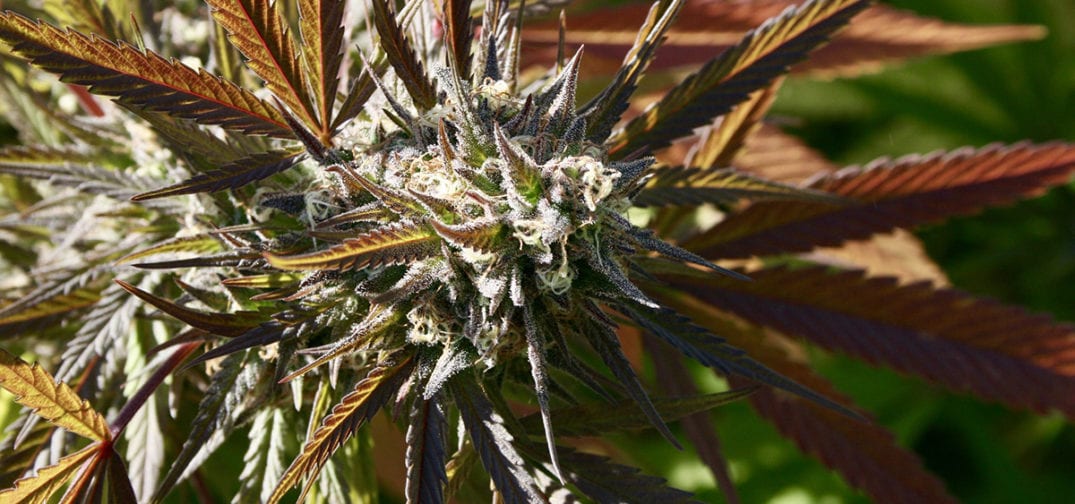The East Coast’s first outdoor commercial cannabis crop cultivated by Culta is being harvested in Maryland, the Baltimore Sun reports. It’s a 1-acre multimillion-dollar “experiment” in a part of the country ill-suited for outdoor cultivation where licensed producers usually grow indoors and in greenhouses.
The plants from the harvest will be used for concentrates, tinctures, and vape cartridges, rather than raw flower. The crop was grown on a site contaminated by the 1989 Cambridge Butter Fire and Culta had to clear four inches of contaminated soil from the site that was scarred by a multiday grease fire.
Mackie Barch, the owner of Culta, said the harvest was “a race against the clock” as the weather begins to turn on the East Coast. If the company sees profits with the crop it could perfect its process and corner the market in “sun-grown” cannabis on the East Coast. Sun-grown cannabis is often marketed as more sustainable than its indoor-grown counterparts.
In Maryland, many municipalities have banned outdoor cultivation over odor concerns and other states have their own restrictions due to safety concerns.
Brian Vicente, a Colorado-based cannabis attorney and industry consultant, told the Sun that most states don’t allow outdoor cultivation when their cannabis programs go online.
“There’s a sort of rule of thumb that when marijuana first becomes legal, it gets regulated like plutonium.” – Vincente, to the Sun
Culta had to employ 12 seasonal workers to help harvest the crop and the buds were flash-frozen or cured depending on how they would be used. The company’s experiment involves “pheno-hunting” in an effort to see what plants grow well in the climate. They estimate that about 90 percent of the variants planted in the plot will not be used again because they are not hardy or distinct enough. The other 10 percent will be cloned and replanted alongside the next experimental crop.
Get daily cannabis business news updates. Subscribe
End
